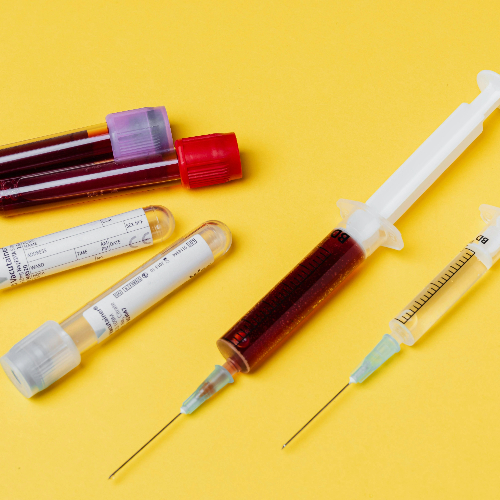The ketogenic diet, commonly referred to as keto, has been a topic of interest in the health and wellness industry, particularly concerning its effects on high blood pressure (hypertension). This high-fat, low-carbohydrate diet shifts the body’s metabolism away from carbs and towards fat and ketones. While keto is primarily known for its weight loss benefits, it also holds potential implications for managing high blood pressure. In this article, we delve into the effects of the keto diet on hypertension and explore solutions for those looking to manage their blood pressure.

Understanding High Blood Pressure
High blood pressure is a condition where the force of blood against your artery walls is too high. If left unchecked, it can lead to heart disease, stroke, and other health issues. Diet plays a crucial role in managing blood pressure, which is where the keto diet comes into the picture.
Keto Diet and Blood Pressure: The Connection
The keto diet’s high intake of fats and low intake of carbohydrates can lead to significant changes in the body that may impact blood pressure. Here’s how:
- Weight Loss: Weight loss is a well-known benefit of the keto diet. Shedding excess weight can significantly reduce blood pressure levels, as there’s less pressure on the artery walls.
- Reduced Insulin Levels: Keto helps in lowering insulin levels due to reduced carbohydrate intake. Lower insulin levels can reduce kidney retention of sodium, leading to decreased blood pressure.
- Changes in Blood Vessel Function: The increase in fat consumption and decrease in carb intake can lead to changes in blood vessel function, which may have a positive effect on blood pressure.
Managing Blood Pressure on Keto
While keto shows promise in managing blood pressure, it’s important to approach it carefully:
- Monitor Your Salt Intake: Although keto often calls for increased salt intake due to lower insulin levels, those with high blood pressure should monitor their salt consumption carefully.
- Focus on Healthy Fats: Prioritize healthy fats like avocados, nuts, olive oil, and fatty fish, which can be beneficial for heart health and blood pressure.
- Stay Hydrated: Dehydration can negatively affect blood pressure. Ensure you drink enough water throughout the day.
- Regular Monitoring: Regularly monitor your blood pressure, especially if you’re on medication for hypertension, as adjustments may be needed.
- Consult Healthcare Professionals: Always consult with healthcare professionals before starting keto, particularly if you have high blood pressure or other health conditions.
Potential Risks
While keto can be beneficial for some, it might not be suitable for everyone. Rapid changes in diet can affect blood pressure levels, and the increased fat intake might not be appropriate for individuals with certain heart conditions.
Conclusion
The ketogenic diet presents a novel approach to managing high blood pressure. Its ability to promote weight loss and alter insulin and fat metabolism can positively impact blood pressure levels. However, it’s crucial to approach this diet under medical supervision, especially for individuals with pre-existing health conditions. By tailoring the keto diet to your specific health needs and monitoring your body’s response, you can leverage its benefits while minimizing potential risks, paving the way for a healthier blood pressure level and overall well-being.



